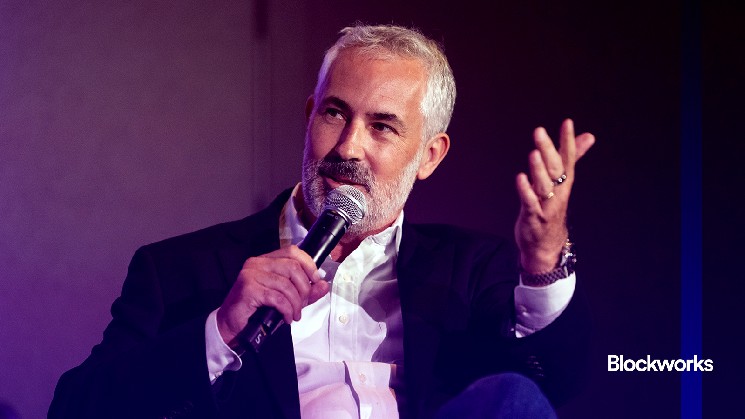SEC’s Recent Actions and the Creation of a Crypto Task Force
This is a segment from the Forward Guidance newsletter. To read full editions, subscribe.
The Securities and Exchange Commission (SEC) has been busy in the time between Gary Gensler’s departure in January and Paul Atkins’ recent confirmation. One of the most notable recent actions includes statements on crypto-related disclosures from the agency’s Division of Corporation Finance. Additionally, the SEC has once again requested a pause in its litigation with Binance.
However, the most significant move by the SEC in recent months has been the swift establishment of a crypto task force and the organization of roundtable meetings. According to Kyla Curley, a partner at StoneTurn, these roundtables are crucial as they involve stakeholders from all aspects of the industry, going beyond just the perspectives of regulators and lawmakers.
The SEC’s second crypto roundtable, which took place last Friday, focused on tailoring regulation for crypto trading. Panelists from various entities such as Coinbase, Uniswap Labs, legal experts, and a leader from the New York Stock Exchange participated in the discussions.
SEC Acting Chair Mark Uyeda highlighted some of the challenges faced by the agency, including the issue that most tokenized securities in the market are unregistered, while national securities exchanges can only list registered securities. Compliance with the “order protection rule” may also pose difficulties for tokenized and non-tokenized securities trading in both on- and off-chain markets. Furthermore, crypto trading platforms, unlike securities exchanges, may handle custody, execution, and clearing.
Main Wishes of Panelists for Future SEC Actions
During the roundtable, panelists were asked about their main wishes regarding upcoming SEC actions. Jon Herrick, NYSE chief product officer, emphasized the need for “precision” in identifying the problems to solve before seeking solutions. Richard Johnson, CEO of Texture Capital, advocated for using blockchain as the official record of ownership for securities, smart contracts for settlement, and stablecoins/tokenized Treasurys for the cash leg of securities transactions.
Gregory Tusar from Coinbase called for a “holistic and integrated” market structure that allows securities and commodities to trade alongside each other, highlighting the blurred lines between the two. Some panelists even suggested that the SEC and Commodity Futures Trading Commission (CFTC) should merge to streamline regulations and foster innovation.
Katherine Minarik, chief legal officer at Uniswap Labs, urged the SEC to support the future potential of decentralized finance (DeFi) technology without imposing restrictions that hinder its growth. She emphasized the importance of peer-to-peer transactions, self-custody technology, and the value of privacy and safety for everyday users.
Overall, the SEC’s proactive approach in addressing crypto-related issues and engaging with industry stakeholders signals a step towards regulatory clarity and innovation in the evolving digital asset landscape.

